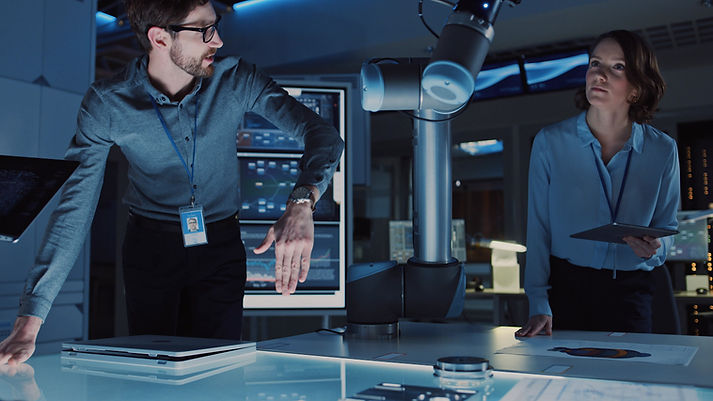
Building smarter city solutions where people work, live, and play.

Government plays a role in municipalities. As urbanization continues, the challenges in navigating complex, congested city environments also underscore the importance of innovative last-mile solutions, such as drones and autonomous vehicles, which not only improve delivery speed but also reduce the carbon footprint, aligning with the growing emphasis on sustainable practices.
Hence, the value of last-mile delivery extends far beyond the physical act of transporting goods; it plays a pivotal role in shaping customer experiences, optimizing costs, and driving the overall success of businesses in the digital age.

Work
In the context of last-mile delivery, smart cities are poised to revolutionize the way goods are transported to consumers. Advanced traffic management systems, coupled with real-time data analytics, will enable delivery companies to optimize routes, avoiding congestion and reducing delivery times. Smart city infrastructure, such as dedicated lanes for delivery vehicles and smart traffic signals, will enhance the efficiency of the last-mile delivery process.
Additionally, the integration of EV vehicles and drones into urban delivery networks will further expedite deliveries, making them faster and more reliable. This seamless integration of technology not only ensures timely deliveries but also contributes to reduced operational costs and a smaller carbon footprint, aligning with the sustainability goals of both businesses and cities.

LIVE
Smart cities are poised to revolutionize living lifestyles by offering residents increased convenience, sustainability, and quality of life. Residents will benefit from seamless transportation systems, reduced congestion, and shorter commutes due to optimized traffic management and public transit systems.
Additionally, smart homes integrated into the urban infrastructure will empower individuals to control their environments with the touch of a button, from energy-efficient lighting to advanced security systems.

PLAY
Play lifestyles are set to undergo a significant transformation in smart cities as technology integrates seamlessly with recreational activities. Smart parks equipped with interactive installations and augmented reality experiences will offer innovative and engaging spaces for leisure.
Furthermore, advanced sports facilities with real-time performance tracking and interactive gaming zones will enhance the overall sporting and gaming experience. Additionally, the integration of smart devices and applications will facilitate effortless coordination for group activities and events, fostering a sense of community and enabling diverse recreational opportunities in urban areas.